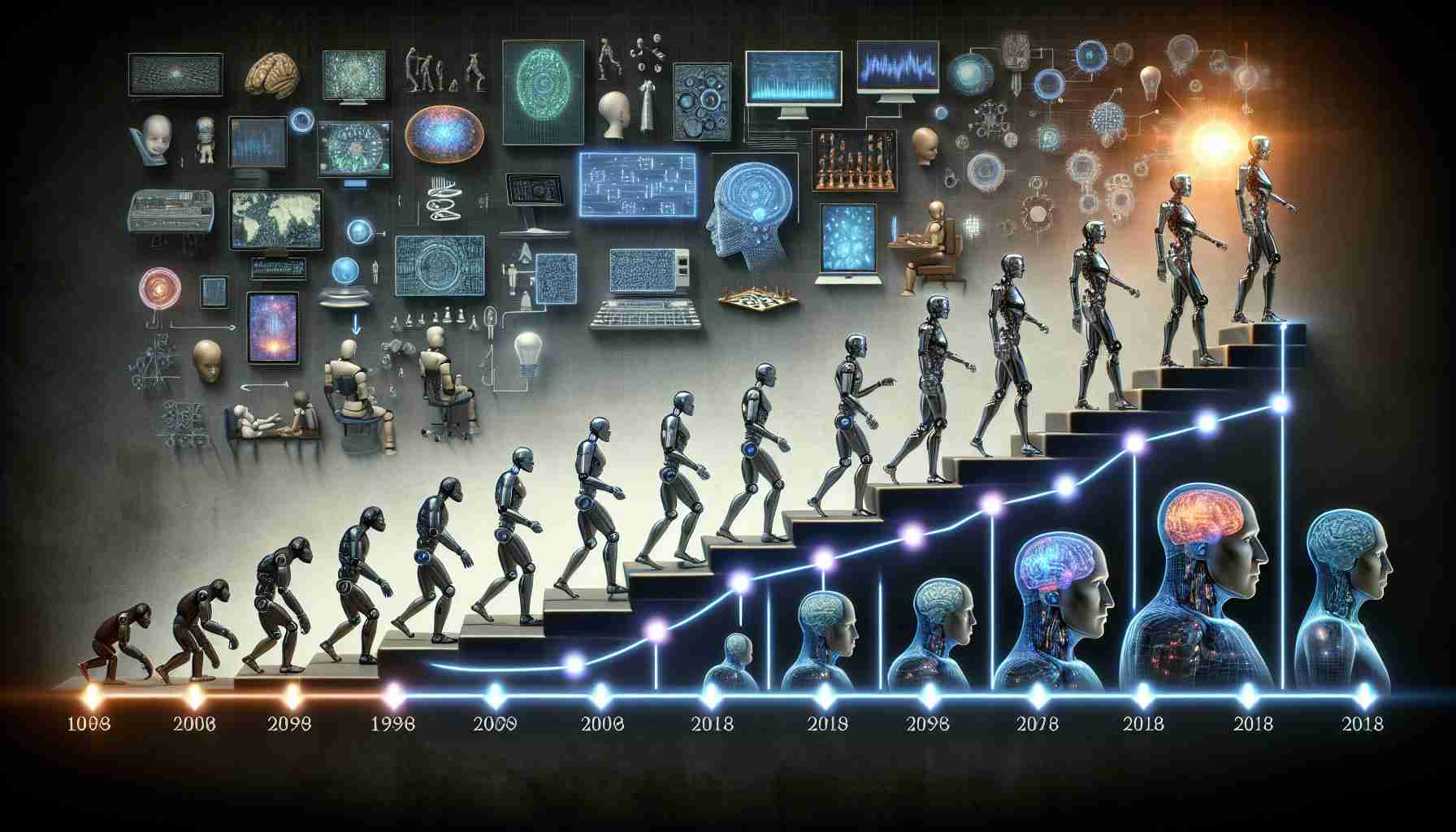The AI Landscape is Rapidly Changing
Experts are continuously monitoring the rapidly accelerating progress of Artificial Intelligence (AI), signaling that the development of human-like cognitive abilities in machines is still a distant prospect. However, AI is already integrated into our daily routines, posing the question of how it will evolve further and what the eventual outcomes will be. Balázs Németh, Innovation Leader at K&H, prompts us to consider the type of AI we desire in the future.
Systemic Artificial Intelligence Era
We are currently experiencing the dawn of systemic artificial intelligence—machines responding to prompts with answers based on probabilities established during their training. Németh points out that even in this phase, AI revolutionizes our daily lives and work practices, igniting concerns and calls for regulation due to the accountability of developers being limitless.
The Four Defining Stages of AI Development
Experts have identified four key stages in the development of AI. The first stage, driven by curiosity, enables AI to continually update its assumptions about the world, thereby enhancing the relevance and accuracy of its forecasts. Unlike current AI systems, which stop learning after training, this “active inference” model could provide a deeper understanding of decision-making processes, addressing the black box issue where the reasoning remains opaque.
In the second phase, AI will create plans and refine its world view based on experiences. The third phase will see AI develop empathy and self-awareness. The final, fourth stage imagines a “planetary superintelligence,” which expands beyond the Internet of Things to an interconnected universe, linking people, places, and objects across a multidimensional web network.
Németh suggests that the real challenge is not whether AI is just a scientific fantasy since it exists and evolves with us; the responsibility lies with humans to steer AI’s growth to benefit efficient work and improve life quality rather than becoming an out-of-control creation.
Key Challenges and Controversies in AI Evolution
The evolution of artificial intelligence poses a multitude of challenges and controversies that are intrinsic to its development. A critical challenge is the ethical consideration pertaining to AI. This includes concerns about privacy, bias in decision-making due to training on datasets that may contain inherent biases, and how these biases can propagate inequality in society. Another challenge is the ‘control problem’ or ensuring that advanced AI systems do not act contrary to human intentions.
The most important question is likely: “How can we ensure that the evolution of AI aligns with human values and benefits society?” There is no one-size-fits-all answer to this question, as it requires a multidisciplinary approach including technologists, ethicists, policymakers, and the public to establish norms and regulations that guide AI development.
Advantages and Disadvantages of AI Evolution
The advantages of AI evolution are manifold. AI enhances productivity and efficiency in various fields, from mundane tasks to complex decision-making, significantly saving time and resources. In healthcare, AI can help in early disease detection and personalized medicine. In transportation, autonomous vehicles have the potential to increase safety by reducing human error.
However, the disadvantages are equally significant. There’s the concern about the displacement of jobs as AI becomes more capable. The advanced decision-making capacity raises the question of accountability—when things go wrong with an AI system, who is to blame? Additionally, security issues arise as AI systems can become new targets for cyber-attacks, potentially leading to significant disruptions.
Related Links
For those interested in broader discussions about AI and its impact:
– Association for the Advancement of Artificial Intelligence
These links lead to platforms where the latest research, discussions, and ethical considerations about AI are presented. The URLs provided are for the main domains of these organizations, known for their dedication to the advancement and understanding of artificial intelligence.

